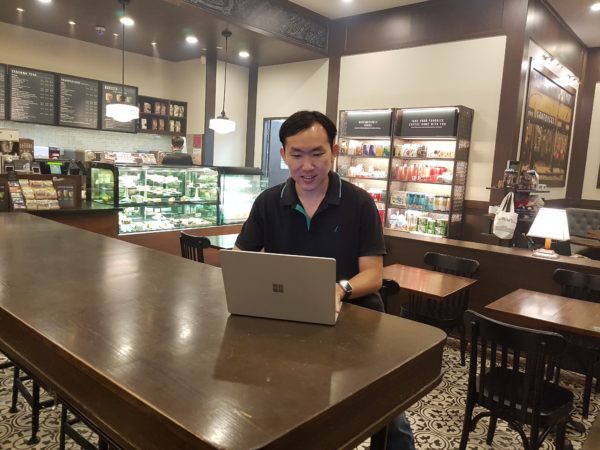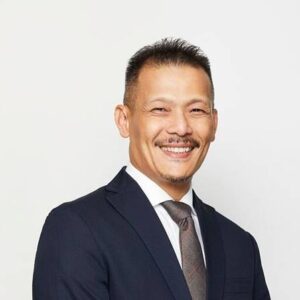
Everyone speaks about reskilling to keep on top of the waves of disruption coming our way today.
In Singapore, this simple act of survival is drummed into citizens all year round, with the need for lifelong training almost endlessly emphasised.
Unsurprisingly, this year’s government Budget includes more incentives to take up courses to learn new skills, especially skills needed to join a tech sector that promises highly paid jobs.
What’s missing in many discussions about reskilling is the human factor. Reskilling or retraining a person, especially if he has spent decades in another field, is not the same as simply reprogramming a robot.
Neither is it as straightforward as putting someone through a course and expecting him to be proficient in new skills immediately. There’s a lot more on-the-job experience you need.
So, when I recently got in touch with someone who actually made the switch from one sector to another, I am reminded how difficult – though potentially rewarding – a transition could be.
When Kok Chee Kean decided to leave his job as a mathematics teacher in a junior college to become a software engineer in 2018, he knew he needed more than a hobbyist’s level of knowledge.
“It really is one thing to make your own websites and side projects, and another to know industry standards and practices,” he told Techgoondu, in an interview.
“My goal was to not look like a fish out of water in my new career,” he added. “So one way or another, a significant skill upgrade was needed.”
So, he enrolled in a government programme to take up the necessary skills. Called TeSA or Tech Skills Accelerator, it offers a number of training options to get people employed in the tech sector, including a structured course in software engineering.
This was unlike a full-time university course in computer science, which could cost too much, or a part-time online course where the learning was less focused and structured, said Kok, now 39.
However, the TeSA course still created disruption, not just for him but his family as well. Leaving a civil service job, mid-career, means asking family members to place their faith in him.
“My wife was also worried about our finances,” he said. “At this age, disruption does not only affect my life, but others too.”
The good news is, he got employed as a software engineer at Maltem Consulting Group, a global software company.
Interestingly, this wasn’t even the role he had sought out initially, though the front- and back-end software development has offered him a breadth of experience useful for career advancement.
What Kok’s experience shows is that you need to take the first step, often taking a calculated risk and making sacrifices along the way. Starting in a new industry isn’t easy when you are young; it’s even tougher when you have a family to worry about.
No, simply learning to code alone won’t save you. Certainly, if you are only learning the basics of programming, you won’t get far in the industry with that alone.
Even for Kok, who has taken the latest courses, there is a need to learn new skills in his own free time. If he doesn’t, the industry can shift in an instant and his skills in a certain programming language could be redundant. In a volatile industry, many plans don’t work out.
And that’s the reality of the situation today. Now, disruption happens in shorter cycles, not just with the hire-and-fire culture in sectors such as banking and finance but with so many businesses now operating on plans that are “agile” with resources, including workforce budgets.
The uncomfortable truth is that the new digital economy is also a cut-throat one. Nobody has an easy answer to disruption today – watch the Netflix documentary American Factory for a sobering look at how workers in an American city deal with the the boom-and-bust forces of disruption.
In Singapore, the situation may not be as dire but we’ve got previous experiences with the loss of jobs. In the 2000s, the flight of electronics manufacturing – Singapore was once the number one place for making hard disks – to lower-cost destinations caused thousands to lose their jobs here.
This threat of being made redundant means few jobs are safe. While the government is bringing programmes like TeSA to train thousands of workers, as well as offering incentives to businesses to retain them, what’s needed today is an entrepreneurial streak. You can call it a survival instinct.
Employees have to be self-starters. That’s before any discussion begins about learning the necessary skills to climb the ladder.
Indeed, as someone who made the leap, Kok said there’s really no other way. “If you don’t aggressively take care of your own time and skillset, nobody will.”






